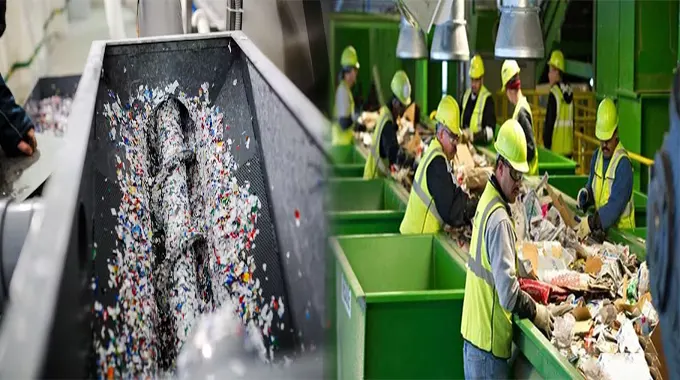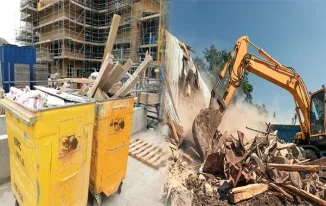The global waste crisis has reached alarming levels, with overflowing landfills and ocean pollution serving as stark reminders of the urgency to find sustainable waste management solutions. In response to this pressing issue, a wave of innovative technologies has emerged to revolutionize recycling and composting, paving the way for a more efficient and eco-friendly approach to waste management.
One of the most promising advancements in waste management technology is the emergence of advanced sorting and recycling systems. These cutting-edge systems utilize artificial intelligence and robotics to streamline the sorting and processing of recyclable materials. By automating the identification and separation of different types of waste, these technologies not only increase the efficiency of recycling facilities but also improve the quality of recycled materials, making them more marketable for manufacturers.
Composting, a key component of organic waste management, has also benefitted from technological advancements. Innovations in aerobic composting systems and anaerobic digesters have significantly accelerated the decomposition of organic waste, generating valuable compost and biogas in the process. These technologies not only divert organic waste from landfills but also produce renewable energy and nutrient-rich soil amendments, contributing to a circular economy and reducing the carbon footprint of waste management.
Furthermore, the rise of smart waste management solutions, equipped with sensor technology and data analytics, has transformed the efficiency of waste collection and disposal processes. These systems enable real-time monitoring of waste levels in bins, optimizing collection routes and schedules to minimize fuel consumption and emissions. Additionally, the data collected from these systems can offer insights into consumption patterns and waste generation trends, guiding policymakers and businesses in making informed decisions to reduce waste at the source.
The integration of innovative waste management technologies is not only driving sustainability but also presenting economic opportunities. By leveraging these advancements, municipalities and businesses can optimize their waste management processes, reduce operational costs, and establish themselves as leaders in environmental stewardship. Furthermore, the market for waste management technologies continues to expand, fostering a fertile ground for innovation and investment in environmentally responsible solutions.
As we stand at the forefront of a global paradigm shift towards a circular and sustainable economy, it is evident that innovative waste management technologies for recycling and composting are pivotal in reshaping our approach to waste. Embracing these advancements not only mitigates the environmental impact of waste but also unlocks a plethora of economic and environmental benefits, ushering in a new era of responsible waste management.














